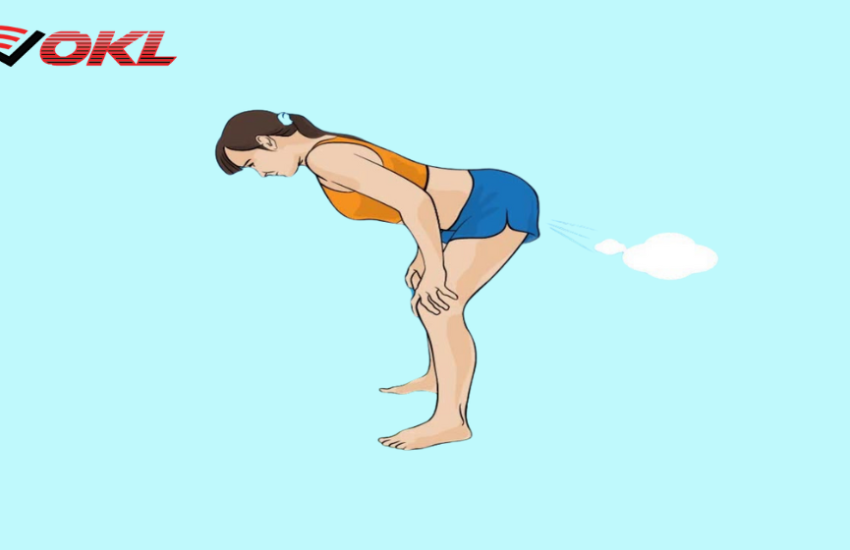7 Warning Signs of Clogged Arteries
Clogged arteries, also known as atherosclerosis, occur when fatty deposits (plaque) build up inside the arteries, restricting blood flow. This condition increases the risk of heart attacks, strokes, and other cardiovascular issues. Here are seven warning signs that might indicate clogged arteries:
1. Chest Pain (Angina)
One of the most common symptoms of clogged arteries is chest pain or discomfort, known as angina. This can feel like pressure, squeezing, or tightness in the chest and often occurs during physical activity or stress. It happens because the heart muscle is not getting enough oxygen-rich blood.
2. Shortness of Breath
As clogged arteries reduce blood flow, your heart has to work harder, which can lead to shortness of breath. If you find yourself easily winded, even during mild activities, this could be a sign that your arteries are narrowing.
3. Fatigue
Unexplained fatigue or weakness can be a sign of reduced blood flow due to clogged arteries. When the heart doesn’t receive enough oxygenated blood, the body’s energy levels drop, leading to constant tiredness.
4. Pain in the Legs or Arms (Claudication)
If arteries in the legs or arms are clogged, it can cause pain, numbness, or cramping, especially during physical activity. This is known as claudication and is often felt in the calves but can affect other areas of the body.
5. Irregular Heartbeat (Arrhythmia)
A clogged artery may affect the heart’s ability to pump blood efficiently, leading to an irregular heartbeat, also called arrhythmia. Skipped beats, rapid heartbeat, or palpitations could indicate poor blood flow due to blockages.
6. Erectile Dysfunction
In men, clogged arteries can restrict blood flow to the pelvic area, leading to erectile dysfunction (ED). This symptom can appear before other, more obvious signs of heart disease and should not be ignored.
7. Cold Hands and Feet
Reduced blood flow due to clogged arteries can cause cold hands or feet, or even a tingling sensation. If your extremities frequently feel cold, despite warm temperatures, this could be a sign that your circulation is compromised.
Conclusion:
Clogged arteries can develop slowly and may not show obvious symptoms at first. However, if you experience any of these warning signs, it’s important to seek medical advice. Early detection and treatment of atherosclerosis can significantly reduce the risk of serious complications, such as heart attacks or strokes.



